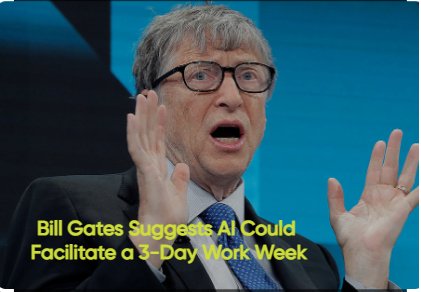The 68-year-old co-founder of Microsoft, Bill Gates, underscored that AI is poised to “transform jobs significantly” rather than eliminate them. In a recent podcast interview with South African comedian and writer Trevor Noah on ‘What Now,’ the billionaire philanthropist shared his optimistic outlook on the positive impact of technology. Gates refuted the idea that AI would replace jobs, emphasizing its role in reshaping them substantially. Throughout the 45-minute conversation, the Microsoft co-founder explored the potential for a 3-day work week facilitated by AI, envisioning a future where human labor may require less strenuous effort.
Esteemed philanthropist Bill Gates foresees a future where technology, instead of supplanting humans, could usher in a more leisurely 3-day work week. During a conversation on comedian Trevor Noah’s podcast ‘What Now,’ the 68-year-old co-founder of Microsoft emphasized that AI won’t eradicate jobs but rather “alter them permanently.” Throughout their 45-minute dialogue, Gates delved into the potential positive transformation that AI and technology could bring to people’s lives.
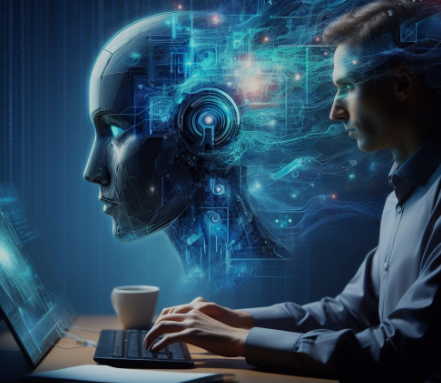
When questioned about the potential threat of AI to employment by Noah, Gates expressed optimism, foreseeing a future where humans might not need to toil as When asked by Noah about the possible impact of AI on employment, Gates conveyed optimism, envisioning a future where humans might not have to engage in as laborious work. “If we reach a point where society functions with just a three-day work week, that’s likely acceptable,” Gates commented, contemplating a scenario in which machines could efficiently manage the production of essential goods.
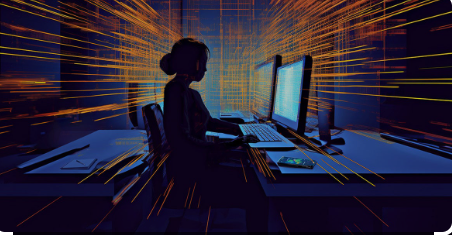
“If we reach a stage where a three-day work week becomes the norm in society, that’s likely acceptable,” remarked Gates, pondering a future where machines could efficiently manage the production of necessities.
Despite his optimistic perspective, Gates recognized the dual nature of AI, acknowledging both its benefits and risks. In a prior interview in July, he delved into the transformative potential of AI, drawing parallels to the introduction of personal computers.
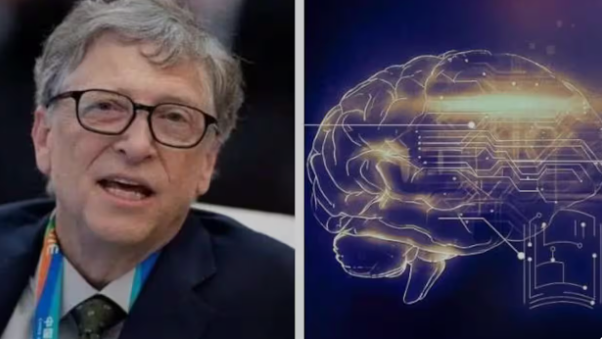
He cautioned against hurdles such as misinformation, deepfakes, security threats, shifts in the job market, and the impact on education. According to Gates, although AI may not revolutionize society as profoundly as the Industrial Revolution, its impact is poised to be as significant as the advent of personal computers.
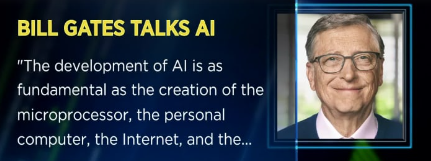
History has demonstrated that emerging technologies often bring about substantial changes in the job market. While I don’t anticipate AI’s impact to be as revolutionary as the Industrial Revolution, I firmly believe it will be as substantial as the introduction of the personal computer (PC),” he asserted.
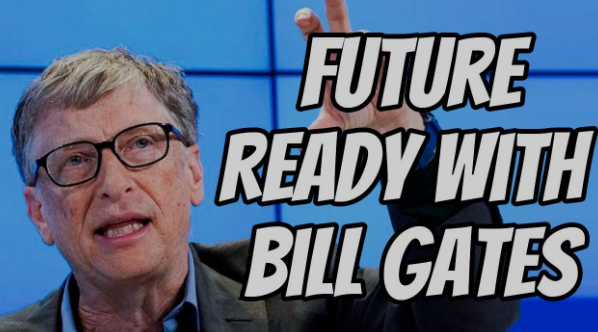
Furthermore, it’s evident to me that the future of AI doesn’t hold the grim outlook some perceive or the overly optimistic view others embrace. While acknowledging the real risks, I maintain an optimistic stance, firmly believing that they can be effectively managed,” he added.
